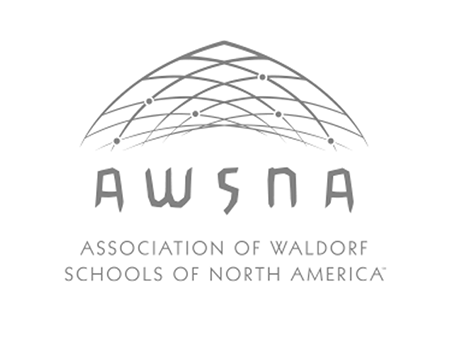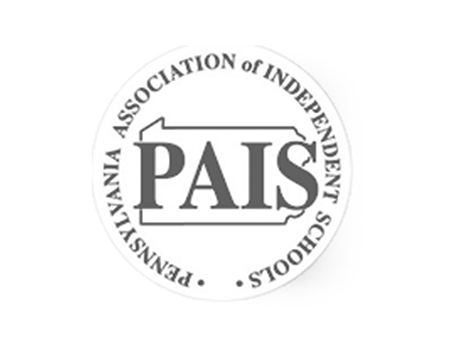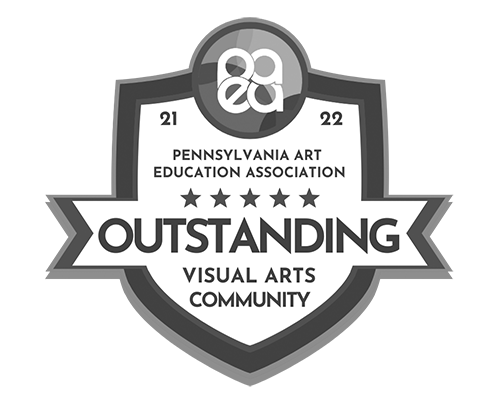Lorem ipsum dolor sit no nummy
Community Involvement – Volunteering at River Valley Waldorf School
The healing social life is found when, in the mirror of each soul, the whole community finds its reflection, and when, in the whole community, the virtue of each one is living.
This verse, recited by the board at the beginning and end of each board meeting, captures the ideal that we are striving toward at River Valley. Waldorf Education is known as a “living education”. That means it is never “finished” and never follows a simple formula. No two Waldorf schools are the same because everything from the geography and history of the surrounding area to the teachers and families who are drawn to the school will shape it in essential ways, and they will continue to develop and reshape it as the years go on. River Valley has always relied on the generous hearts and hands of its parent body to remain vigorous. There are many ways to contribute.
Board Service – Contribute to River Valley’s strategic direction, policy, budget approval, and selection and evaluation of the Head of School.
Committee Service – Committee work entails direct involvement with planning or hands-on work, with a narrower focus than board service requires. Some of the committees that include non-trustees are:
- Finance Committee
- Safety & Security Committee
- Advocates for Anti-Racism and Equity (AARE Committee, River Valley’s DEIJ entity)
- Advancement Committee
Parent Council – Parent Council organizes events that add to the adult life of the school and organizes adults to produce student-centric festivals like May Faire and Winter Faire
Class Parent – Class parents serve as liaisons between the class and Parent Council, helping to organize the work of festivals and other activities, and help to welcome and orient new families. TKTK
Surveys and Town Halls – River Valley collects parent input on a range of topics via periodic surveys and town-hall meetings, in order to understand the variety of perspectives that live in the community and to add to decision-making.
Strategic Planning – The community’s input from several in-person sessions led by Waldorf-centric strategic planning consultants, Gradalis Education, will be incorporated into the new strategic plan, which is still in progress as of 5/15/23. The school creates a new strategic plan every 3-5 years, towards the completion of the previous plan’s timeline and input from the whole community is crucial.
Relationships with Faculty – Direct parent relationships with faculty are a hallmark of Waldorf schools. Parents have often expressed gratitude that their children’s teachers are like additional parents.
Direct Communication with Head of School – River Valley’s small size and independent nature ensures that the Head of School is available to field parents’ questions.
Class-centered Volunteering – Parents and guardians have ample opportunities to volunteer for hands-on tasks, such as Pizza Friday during 3rd grade; organizing costumes, sets, and props for plays; and campus work-days.
Festivals – Maye Faire & Winter Faire are organized by parents. Chairpersons, classroom liaisons, and class- or grade-based contributions – there’s a level of involvement suited to just about everyone.
Parent Stage – River Valley’s annual showcase of our incredibly brave and talented parent body is parent-run.
About Volunteering in the River Valley Waldorf School:
Volunteer Policies: Regardless of the specific tasks you perform during your volunteer experience, there are certain rules, policies, regulations and procedures that will govern your service. The following sections of this manual will familiarize you with them. If you have any questions or concerns about any of them, please contact your school so that we can assist you.
Becoming a Volunteer: All River Valley Waldorf School volunteers are required to complete clearances and become familiar with policies.
Signing In: Our volunteer sign-in book is housed at the front counter. It is critical that you stop at the office and sign in so that a record of your service is maintained. We use them for grant applications, and for school security purposes; we need to know who is in our school buildings at all times. When you sign in, make sure to put on your approved name badge so that you are recognized as a volunteer in the building.
Attendance: Once you agree to volunteer, you become an important part of the school team. The children will be looking forward to seeing you, as will the teachers and other volunteers.
Appropriate Conduct: As a volunteer, it is important to play by the same rules as others on your team. All employees and students of our school are expected to conduct themselves in a manner that promotes respect for self and others and the creation of a positive and safe environment.
Confidentiality: As a volunteer, you may become aware of personal information regarding a child’s academic performance, social interactions with peers, private familial situations, etc. The child may share the information with you, or a teacher may choose to share it with you in order to enhance your ability in the learning environment. Regardless of how personal information about a particular child comes to you, note that the information must be held in your strictest confidence. It is never to be shared with other volunteers, acquaintances from the community, or certainly other students. Should you be concerned that the information needs to be addressed by a classroom teacher or counselor, report it to him or her immediately. As employees, they are required by law to report any suspicions regarding abuse, neglect, endangerment or exploitation immediately. Additionally, they need to know if any students are involved in dangerous or illegal activities so that they may intervene as soon as possible and keep the school community safe. You can assist by following school rules that forbid the transport of weapons, drugs or alcohol onto school property, including athletic fields, school parking lots, and school events off campus; by abstaining from smoking during your volunteer service; by dressing in a manner that is comfortable and appropriate when you come to school; and by committing yourself to appropriately serving all student’s needs.
Unlawful Discrimination and Harassment Prohibited: RVWS is firmly committed to having a positive educational and work environment that encourages respect, dignity, and equity for students, patrons, parents/ guardians, applicants, volunteers, contractors, and employees. The school will not tolerate harassment or discrimination in the school district’s education or working environment. Discrimination is to deny or limit a person or group access and opportunity to belong or be involved in or participate in education, work, contract or other allied activities based on protected class status. Harassment means to say or do something to hurt another person or group (either physically or emotionally), because of that person’s or group’s protected class status. If you become aware of a behavior that might constitute harassment, report it immediately to a supervisor or teacher so that it will be investigated and addressed. Make sure to examine your own behaviors and word choices closely too.
The BoT Policy and Procedure regarding Harrassment, Intimidation and Bullying is included in the Family Handbook. Discrimination and harassment on the basis of age, sex, marital status, race, color, creed, national origin, the presence of any sensory, mental, or physical disability, or the use of a trained dog guide or service animal by a person with a disability, your own sexual orientation, including gender expression or gender identity, or honorably discharged veteran or military status are prohibited. If you become aware of a behavior that might constitute harassment bullying or intimidation, report it immediately to a supervisor or teacher so that it will be investigated and addressed. Personal
Safety: We want to ensure that you are safe and secure in all of our school facilities. Please follow teacher directions during school safety drills. Please follow all precautions outlined in the RVWS Health & Safety Plan.
Supervision: If you ever have questions regarding a teacher’s management of students or discipline, don’t hesitate to ask the class teacher. Often a teacher may have a specific plan in mind that will be helpful for you to know. In addition, please review carefully the RVWS Boundary Guidelines and return the Guidelines signed prior to serving as a volunteer.
A Final Word: We are so glad you have decided to participate as a volunteer in working with children at River Valley Waldorf School. Welcome to the community!
Clearances
Everyone is required to get new clearances every 60 months.

© River Valley Waldorf School Privacy Policy





